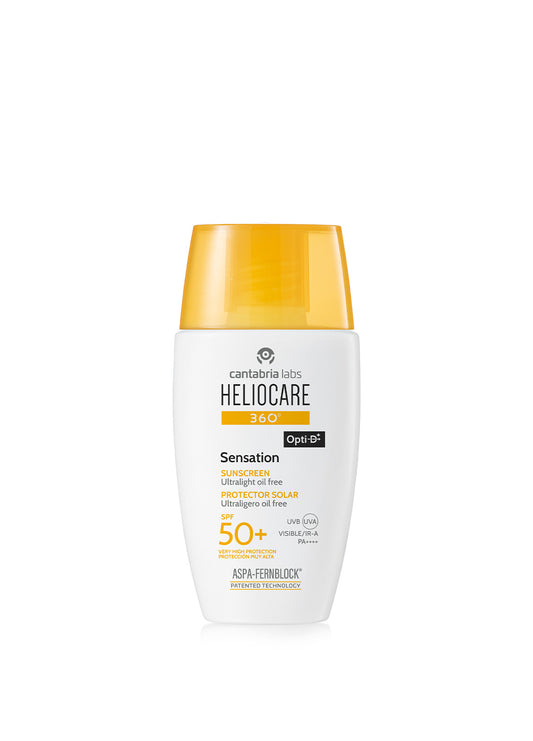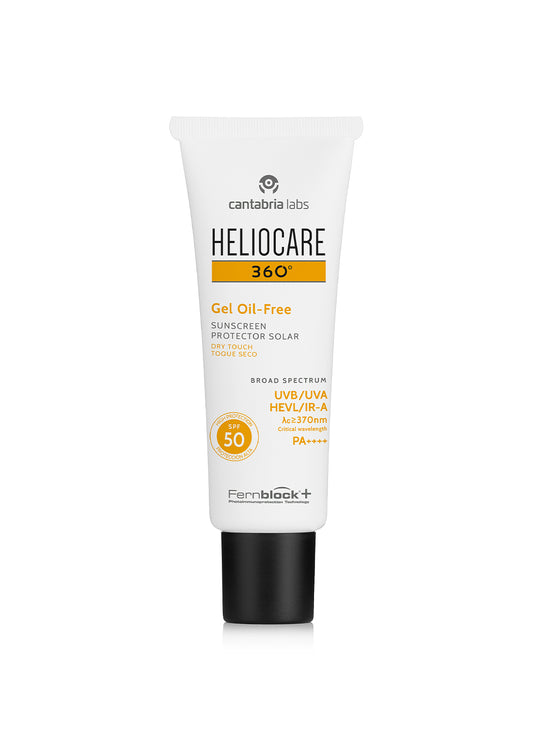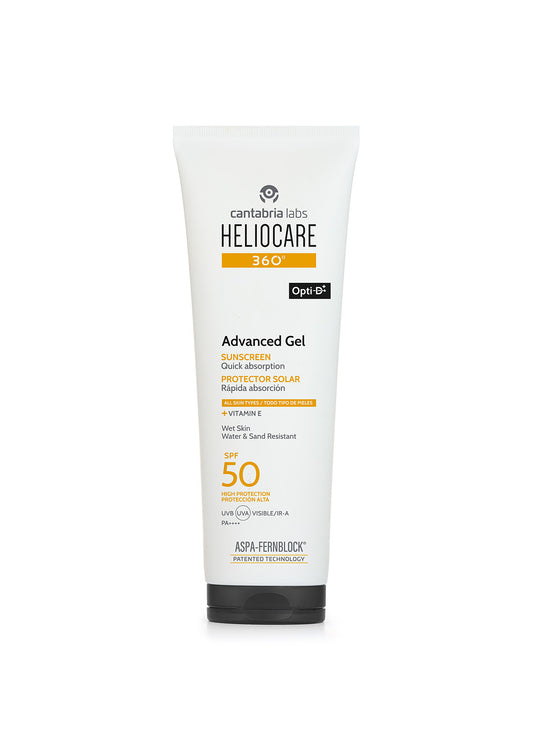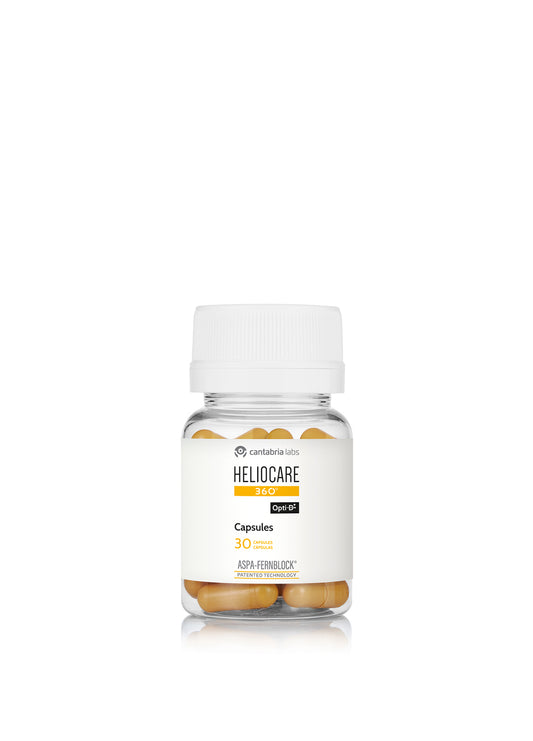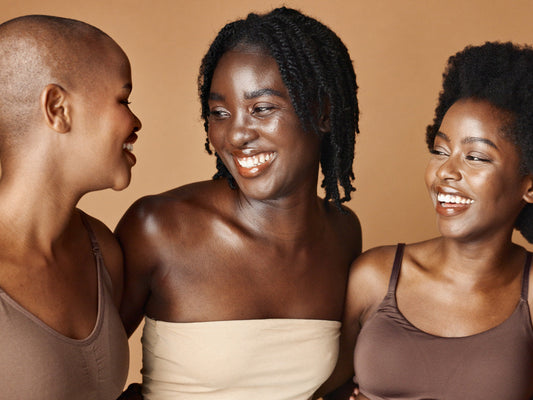What are UVA and UVB rays? The differences explained
Published on 24 September 2025
When we think of sunshine, we often think of warmth and blue skies. But the sun also emits something we can’t see: ultraviolet radiation, or UV rays - the invisible part of sunlight that includes UVA and UVB. As meteorologist and broadcaster Lucy Verasamy explains, “UV stands for ultraviolet radiation. It’s the sun’s rays we can’t see, but they’re always there, even on cool or cloudy days.”
That’s the first myth to bust: temperature isn’t a reliable guide. You can feel chilly and still be exposed to significant levels of UV. In the UK, where cloudy skies are the norm, it’s easy to think you’re safe. But as Lucy points out, “UV rays exists on those cool and cloudy days, and here in the UK we get our fair share of those as well.”
UVA and UVB: The two sides of sunlight
Not all UV rays are the same. Scientists usually divide them into UVA and UVB, and both can be harmful in different ways.
“UVA is responsible for skin ageing,” Lucy explains. These rays penetrate deep into the skin, accelerating fine lines, wrinkles and uneven tone. Unlike UVB, UVA can pass through clouds and even through windows, which means you’re still exposed while sitting by a sunny window at home or driving your car on a cloudy day.
UVB, on the other hand, affects the surface of the skin. “UVB is responsible for sunburn,” Lucy says. “It’s at its highest during the summer months and during the middle part of the day.” These rays are the main cause of redness and soreness after unprotected exposure.
Crucially, both UVA and UVB rays can contribute to skin cancer over time, which is why year-round, broad-spectrum protection is so important.
The UV Index explained: What the numbers mean for your skin
So how do we know how strong the sun is? That’s where the UV Index comes in. The UV Index, or UVI, is a global scale that runs from 0 upward. It measures the intensity of UV radiation at a given place and time.
“In the UK, I quite regularly see those numbers climb to 6, 7, 8 or more across parts of central southern Britain and the Channel Islands through the summer months,” Lucy says. For everyday use, the advice is simple: once the UVI reaches 4 or 5, it’s time to start taking extra precautions, whether that’s seeking shade, wearing sunglasses, or being extra vigilant with your SPF reapplication.

Can you get UV damage on cloudy days or through windows?
One of the most common misconceptions is that UV risk disappears when it’s not sunny. But UVA rays penetrate cloud, and both UVA and UVB can cause damage when we least expect it. “Those UVA rays can get through clouds as well as windows,” Lucy stresses. That means your skin is exposed not only outdoors, but also during your daily commute or while working by a window.
This makes daily protection essential. Sun damage builds up gradually. “Skin remembers the sun,” Lucy says. “It makes sense to be wearing sunscreen as a daily thing rather than a holiday habit.”
Learn more about common sun protection myths.
Smart sun protection habits for everyday life
Protecting yourself doesn’t mean avoiding the outdoors, it’s about being smart. Broad-spectrum sunscreen is your first line of defence, but it shouldn’t be the only one. Think about your clothing, your hat, your sunglasses, and when you spend time outside. As Lucy reminds us: “Wear a hat, wear sunglasses, and apply sunscreen regularly.”
By making these small adjustments, you’re protecting your skin’s health and appearance, not just in summer, but all year round.
Best daily sunscreen: Why choose HELIOCARE
Understanding UV rays is only half the story, acting on that knowledge is what makes the difference. If you’re looking for a daily sunscreen that offers more than just basic protection, the HELIOCARE 360° range from Cantabria Labs is designed with advanced, full-spectrum formulations to help defend skin against UVA, UVB, visible light and infrared-A.
With lightweight textures that suit different skin types and tones, Heliocare makes it easier to turn sun protection into a simple, everyday habit. Whether you’re commuting, exercising outdoors, or simply sitting by a window, Heliocare helps you stay protected.

